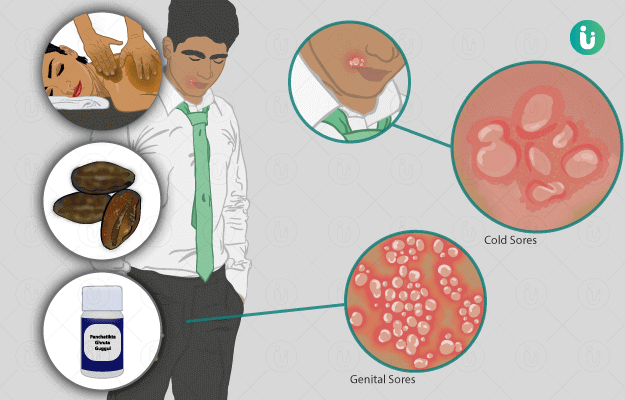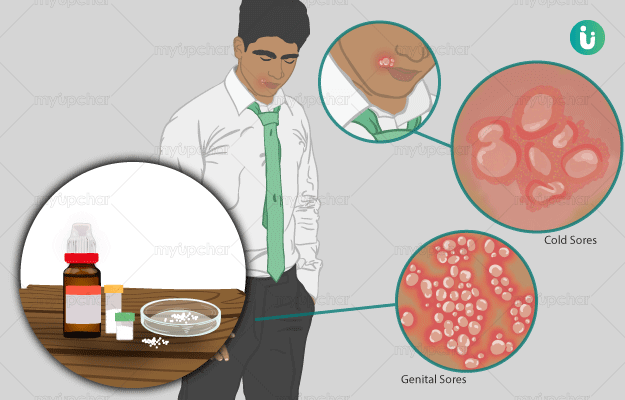While some foods can aid your recovery during a herpes flare-up, others can increase the chances of a recurrence of this infection. Following are some food items you should avoid:
Sugar: Sugar is bad for the immune system. Sugar hinders a main component of our complex immune response, slowing down the white blood cells that attack pathogens in the body. Besides the obvious culprits like sugary sodas, sweets, cake and pastries, sugar can hide in many processed foods as well. If you want to boost your immune system to help you fight herpes, lower your sugar intake by reading food labels closely and replacing sugar with natural sweeteners such as fruits, dates, figs, etc.
Unhealthy fats: Saturated fats, which are typically fats that are solid at room temperature, are not good for your body. You can limit their consumption by avoiding foods such as fatty meat, butter and cheese. Coconut and palm oils also have a high saturated fat content. Packaged and preserved foods are also known for high trans fat (also unhealthy) content and bad quality of oil. Choosing low-fat foods or those with unsaturated fat such as olive oil, sunflower oil, flaxseed oil, walnut, etc to boost your immune response and help keep herpes flare-ups at bay.
Processed food: Foods that are low in nutrients, such as ultra-processed foods (soft drinks, packaged bread, buns, chips, store-bought ice cream, boxed cake mix, instant noodles, breakfast cereals, ready to eat food, energy bars) and processed foods (canned, smoked, half-cooked food products), can negatively affect a healthy immune system. They are also harmful for the gut bacteria, causing inflammation in the stomach and weakening of the immune system, and can work as a trigger for this disease.
Alcohol: Alcohol slows your immune system, making it more likely for you to develop herpes and making it harder to recover from a herpes attack. Alcohol disrupts the gut microbiome by killing the “good” bacteria that help us fight infection. It also damages certain structures in the gastrointestinal tract, including the epithelial cells that line the gut, T cells and neutrophils, which can weaken the barrier between our gut and the rest of our body. It’s best to stop consuming alcohol to control the condition and reduce the chances of future outbreaks.
(Read more: Alcoholism)
























